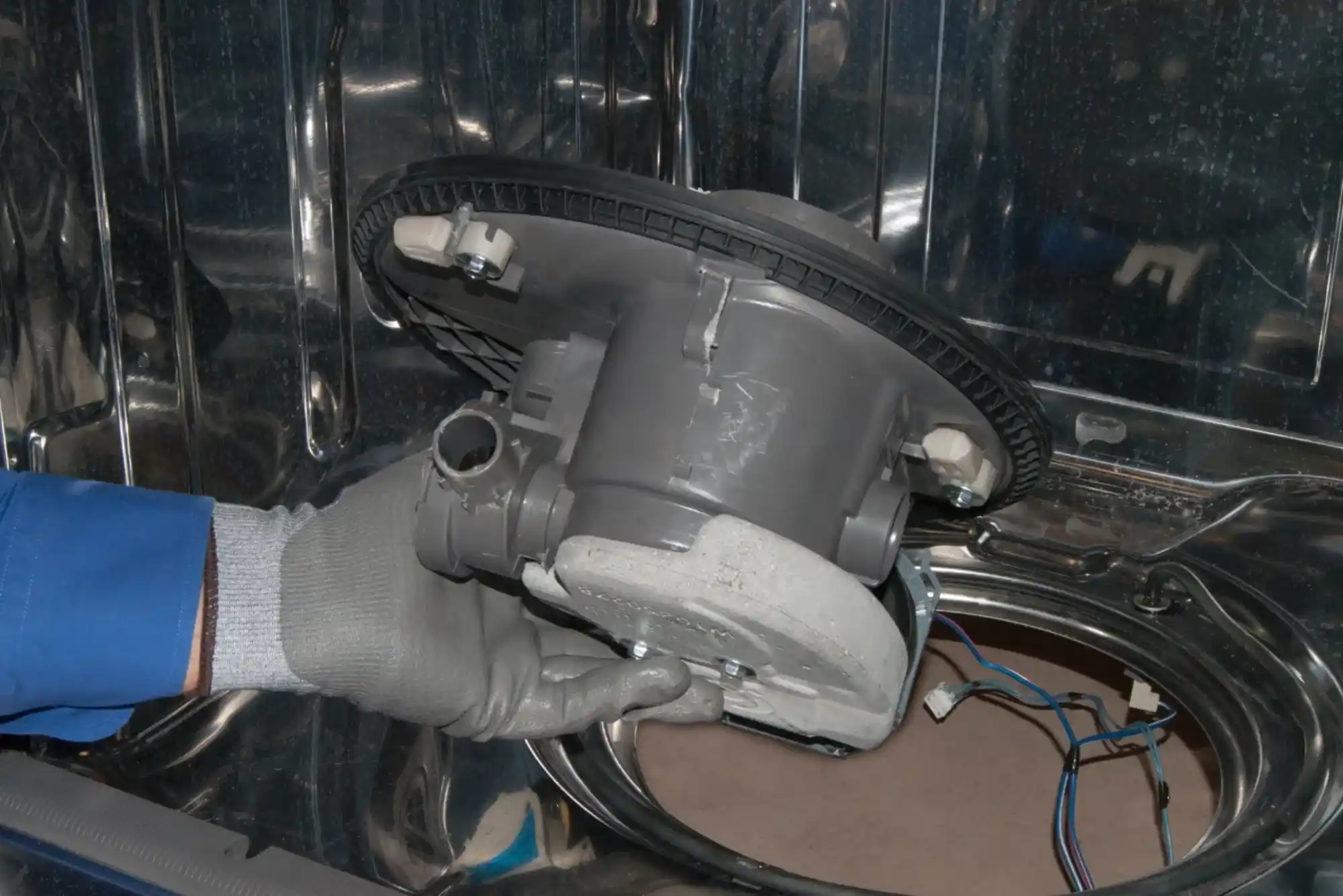Benign prostatic hyperplasia (BPH), also known as an enlarged prostate, is a common condition in aging men. It occurs when the prostate gland grows larger, leading to urinary difficulties such as frequent urination, weak urine flow, and difficulty emptying the bladder. While surgery is often recommended for severe cases, many non-surgical treatments can help manage symptoms effectively. Understanding these options allows individuals to make informed decisions about their health and quality of life.
Understanding Prostatic Hyperplasia and Its Symptoms
The prostate is a small gland located below the bladder and plays a vital role in male reproductive health. As men age, hormonal changes can cause the prostate to enlarge, putting pressure on the urethra and leading to urinary complications. Common symptoms of prostatic hyperplasia include:
- Frequent urination, especially at night
- Weak urine stream or difficulty starting urination
- Feeling like the bladder is not empty after urination
- Dribbling at the end of urination
- Sudden urges to urinate
Although BPH is not cancerous, untreated cases can lead to complications such as urinary tract infections, bladder stones, or kidney problems. Seeking medical advice early can help prevent these issues and improve overall well-being.
Non-Surgical Treatment Options for Prostatic Hyperplasia
Lifestyle Modifications for Symptom Relief
Making specific lifestyle changes can significantly reduce the severity of BPH symptoms. Simple adjustments include:
- Reducing Caffeine and Alcohol Intake: Both substances can irritate the bladder and increase urinary urgency.
- Staying Hydrated: Drinking enough water throughout the day while avoiding excessive intake before bedtime helps control nighttime urination.
- Maintaining a Healthy Weight: Excess weight can put additional pressure on the bladder and worsen symptoms.
- Bladder Training Techniques: Practicing timed urination and double voiding (urinating, waiting a few minutes, and trying again) can help empty the bladder more effectively.
For more information on maintaining prostate health, consult reliable medical resources and expert recommendations.
Medications for Managing Symptoms
Several medications are available to help manage BPH symptoms without surgery. These include:
- Alpha-Blockers: Medications like tamsulosin and alfuzosin relax the muscles around the prostate and bladder neck, making urination easier.
- 5-Alpha Reductase Inhibitors: Drugs such as finasteride and dutasteride work by reducing prostate size over time, improving urinary flow.
- Combination Therapy: In some cases, doctors prescribe a combination of alpha-blockers and 5-alpha reductase inhibitors for better results.
These medications can effectively reduce symptoms, though they may have side effects such as dizziness, decreased libido, or ejaculation problems. Consulting a doctor is essential before starting any medication regimen.
Minimally Invasive Procedures
For men who do not find relief through medication alone, minimally invasive treatments offer an alternative to surgery. These procedures include:
- Transurethral Microwave Therapy (TUMT): Uses microwave energy to shrink excess prostate tissue, improving urine flow.
- Transurethral Needle Ablation (TUNA): Involves radiofrequency energy delivered through needles to destroy excess prostate tissue.
- Prostatic Urethral Lift (PUL): A procedure that uses small implants to lift and hold the enlarged prostate away from the urethra.
These treatments are usually performed on an outpatient basis, have shorter recovery times than surgery, and provide effective symptom relief.
Natural Remedies and Dietary Supplements
Certain natural remedies and supplements can help manage BPH symptoms. These include:
- Saw Palmetto: A popular herbal supplement that may reduce urinary symptoms associated with BPH.
- Beta-Sitosterol: A plant-based compound known to improve urine flow.
- Pygeum: Derived from African plum tree bark, it has been used to reduce BPH symptoms.
- Zinc and Vitamin D: Essential nutrients that support overall prostate health.
Before trying natural remedies, it is advisable to consult a healthcare provider to ensure their effectiveness and safety.
Effective Prostatic Hyperplasia Treatment Options
For those seeking non-invasive approaches, medical professionals can recommend the best prostatic hyperplasia treatment based on symptom severity, overall health, and personal preferences. Personalized treatment plans ensure optimal management of BPH without resorting to surgery.
Choosing the Right Treatment Approach
The choice of treatment depends on factors such as age, overall health, and the severity of symptoms. Discussing options with a urologist can help determine the most suitable approach. In some cases, a combination of lifestyle changes, medications, and minimally invasive treatments provides the best results.
For more insightful articles on health, wellness, and innovative medical treatments, visit Prime Founder. Stay updated with expert insights on maintaining a healthy lifestyle and making informed healthcare decisions.




